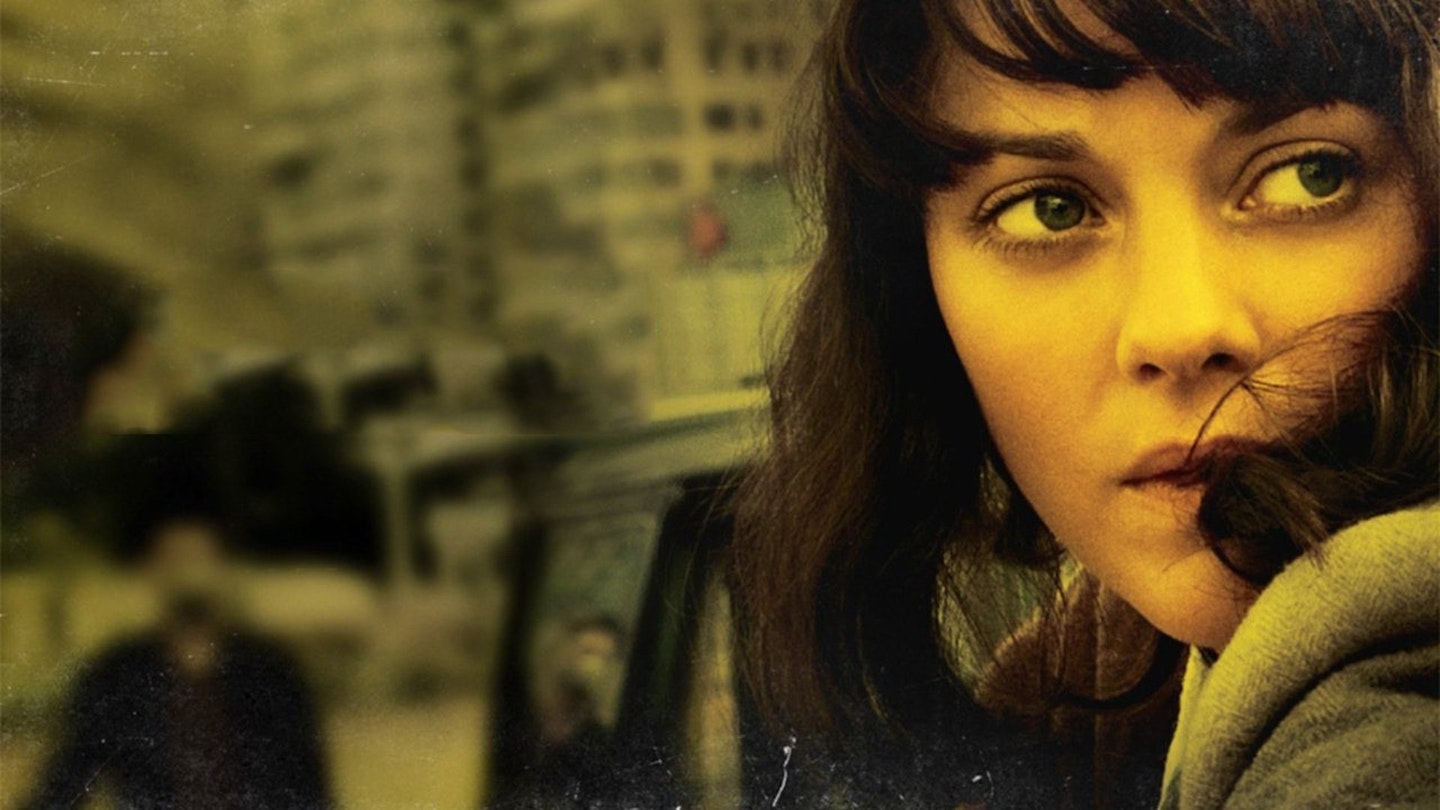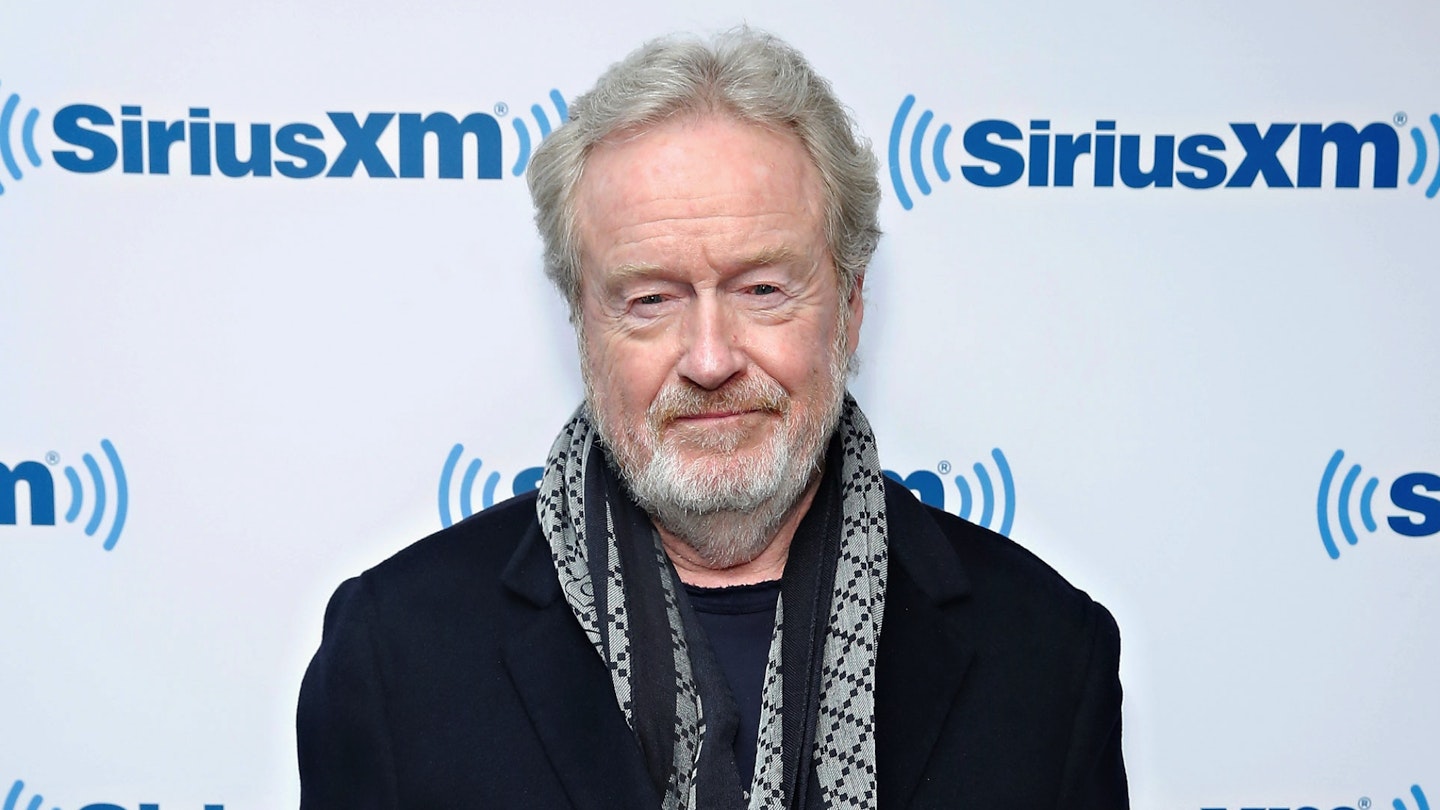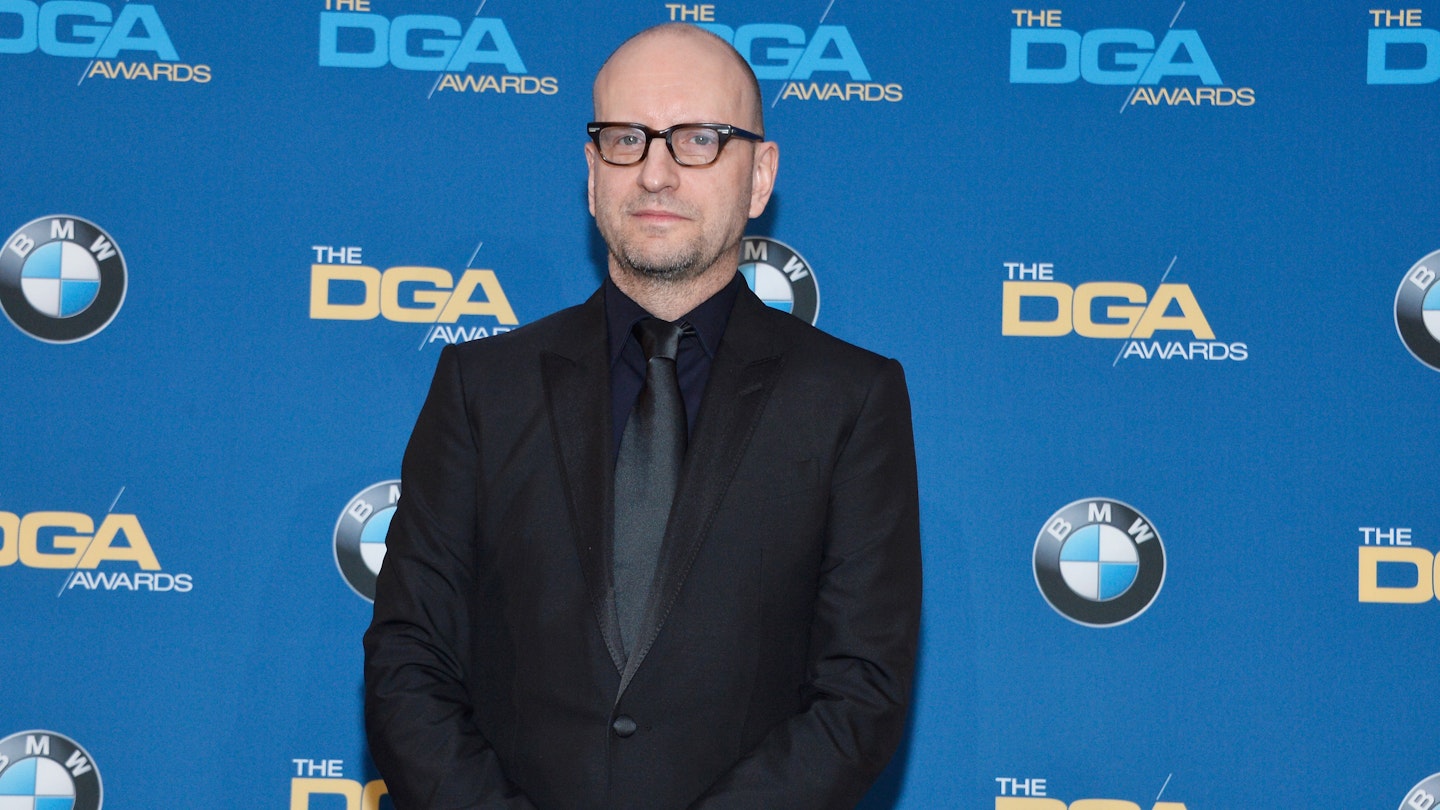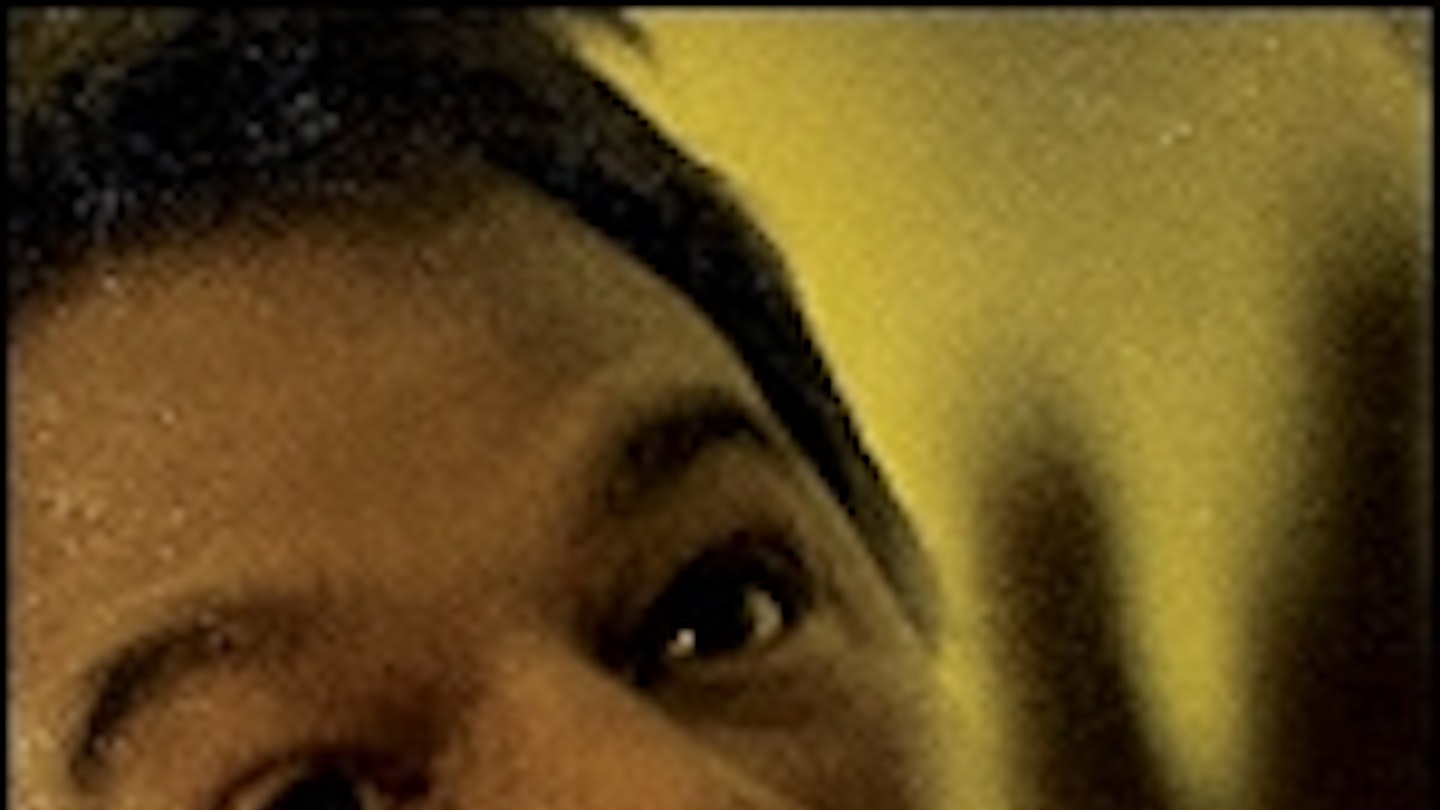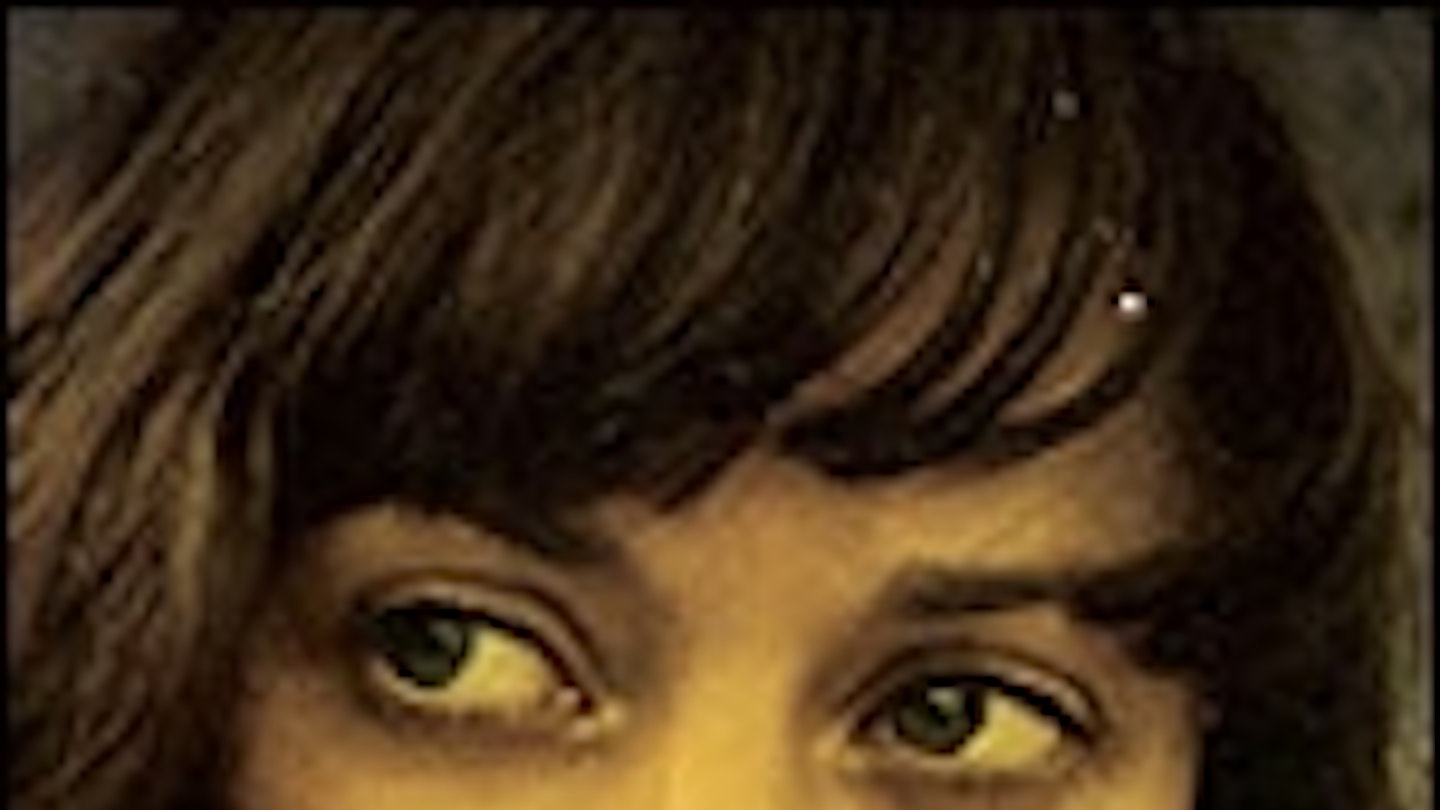How many times do you touch your face? It is, we’re guessing, a question you’ve never really considered before. And why should you? You rub your eyes, stroke your chin, massage your temples and, when you think no-one’s looking, pick your nose (we’re not judging). Perfectly normal. Perfectly harmless.
WRONG. What if, as Contagion posits, “somewhere in the world, the wrong pig met up with the wrong bat”? What if Gwyneth Paltrow left a surface-transmitted pig-bat virus teeming invisibly on every — single — thing — she — touched? What if you slapped your hand on one of said things and then, mortally unaware, gave your left eyebrow a nice little scratch. Within 48 hours you could be thrashing around on the floor in agony, foaming at the mouth.
Then, once you’d been opened up, post-mortem, to find out what the hell went wrong, someone would take one look at your germ-napalmed viscera, turn dramatically to their facemask-wearing colleague and gasp something suitably doom-laden like, “Call everyone.”
Contagion is exactly that ‘what if?’ scenario, already wrongly labelled by many as ‘science-fiction’. This isn’t 28 Days Later… or 12 Monkeys. This isn’t even Outbreak; there’s no capuchin to chase, no small town for Donald Sutherland to nuke. Contagion feels more like infamous ’80s nuke drama The Day After, an all-too-convincing reconstruction of a fictional but terrifyingly feasible scenario. The Day After, legend has it, caused Reagan to question his hardline Cold War beliefs. Contagion will cause you to question how many times per day you touch your face.
It’s not science-fiction — but it is the nearest Steven Soderbergh’s yet come to making a horror film. It may well be the scariest of the year, each scene laden with dread as Soderbergh’s camera lingers ominously on a recently clasped door handle, a lift button, or an airport-bar bowl of mixed nuts. Like Final Destination, its killer is unseen, ready to violently strike at any moment. But here Death doesn’t need to be so ludicrously inventive. Why faff around with W. Heath Robinson-style freak accidents when He can just give you flu — and then sit back, watch and grin liplessly as it exponentially spreads?
The sense of foreboding builds horribly as we nip through each location of this globe-rotting film and are given a sense of how many are at deadly risk once the virus goes pandemic. “Kowloon, Hong Kong,” reads the subtitle, “population 2.1 million... San Francisco, population 3.5 million... Tokyo, population 12.9 million… Guandong Province, population 96.1 million.” Jackpot! By Day 12, when so many Americans have been tossed into mass graves that the bodybags have run out, you’ll be telling yourself: it’s only a movie, it’s only a movie.
Like any good horror, Contagion lays out an eclectic cast and quickly establishes that nobody is too famous to survive. Laurence Fishburne is the head of the Centers For Disease Control And Prevention (CDC) in Atlanta, Georgia: grave, calm, but as flawed and as prone to selfishness as any of us. Kate Winslet is his woman on the frontline, the flush-cheeked troubleshooting doc determined to contain the disease at all costs. Jennifer Ehle is the scientist striving to find a vaccine. Marion Cotillard the WHO epidemiologist despatched to track down its source. Matt Damon the concerned parent caught in the midst of the social fallout. Gwnyeth Paltrow his philandering wife. Jude Law the Frisco-based conspiracy-theorist blogger with an agenda: to push ‘Forsythia’, a herbal ‘remedy’.
Law is the nearest thing the movie has to a villain — something close-to-oversold by a particularly weaselly performance, with dodgy Australian accent and unAmerican bad teeth. But in his character’s campaign to have people reject vaccinations and instead buy his non-conventional treatment, Soderbergh and script-writer Scott Z. Burns introduce echoes of the MMR controversy and imply caution towards modern-day snake-oil salesmen. Conversely, they also ensure that Contagion is a cinematic rarity: a movie that makes science the hero.
This virus isn’t concocted in some laboratory by whitecoats playing God, or some vile corporation looking to weaponise microbes; as Fishburne’s character notes in one scene, “Someone doesn’t have to weaponise bird flu — the birds are doing that.” In other words, nature does a good enough job of killing humans without humans needing to mess with nature. And when nature is wiping humanity out, then we need science — specifically conventional medicine — to save us. So while Law lines his own pockets flogging jumped-up placebos to desperate people, it’s the whitecoats of the CDC working on their (free) vaccination who hold the key to mankind’s survival.
There is another important element to Soderbergh’s nightmare scenario. This is not only a viral contagion, but also the spread of something far more virulent: panic. Scenes of people coughing and stumbling blearily, with stylishly defocused POV shots, are followed by even more troubling depictions of law-and-order breakdowns, with food riots exacerbated by widespread emergency-service absenteeism.
Dodging this broken society’s falling rubble is Matt Damon, back in an everyguy role and impressive as ever, but while his director shoots with documentarian clarity and paces with unrelenting urgency, this wide-reaching story’s briskness denies its various episodes true depth. So beyond a few character moments (largely involving his not unreasonable placement of his teenage daughter under effective house arrest), Damon’s ultimately not given a huge deal to chew on. The same goes for his cast-mates. Winslet plays her role beautifully — a woman who has to tackle horrifying odds and yet maintains grace (albeit it furrowed with worrylines) under intense pressure. Again, though, it feels as though she’s too long off screen and doesn’t have quite enough to do while on it.
Cotillard is the actor most denied breathing space — her story should be one of the most dramatic, but it just pulls her out of most of the film, leaving a slight pay-off. As such, Contagion suffers by comparison with Traffic, another Soderbergh film which dealt with a tough issue via a large ensemble, but which was far more attentive to its participants.
To a large degree this is just the nature of the beast, and irks rather than derails. Contagion is, after all, an event-driven piece, playing out a global crisis on a macro-scale. Like The Day After before it, this could have just been a TV movie, and while one could argue that it would have benefited from being made in the longer form of a mini-series, Soderbergh, to his credit, keeps things immediate and cinematic. And bloody petrifying. Try not to cough in the cinema while watching this — you might just empty the place.
